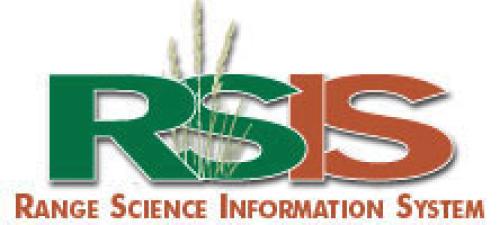Heitschmidt et al. examined the sustainability of the livestock grazing industry, in the Great Plains of North America, relative to ecological processes, economic viability, and social acceptance. The authors conclude from their review that (1) livestock grazing is an appropriate use of Great Plains lands and when properly managed, it is ecologically sustainable; (2) livestock grazing in the Great Plains may not always be economically sustainable and socially acceptable; and (3) creditable scientific support can be generated for a wide array of land uses, including conflicting uses, because author interpretations of similar scientific information can vary depending upon personal experiences and values. This, in turn, means society's information base may be filled with conflicting information that makes good land management decisions more difficult. The authors feel it is important to producers that the public understand and appreciate the differences between grazed Great Plains and grazed Southwest Desert and Intermountain ecological systems. As in many natural resource issues, policy is less the product of rational economics or scientific understanding than it is a political battle over social values. While resolution of these issues may well evolve in the marketplace, there have been few instances when market dynamics effectively influence policy.

Citations and enhanced abstracts for journals articles and documents focused on rangeland ecology and management. RSIS is a collaboration between Montana State University, University of Idaho, and University of Wyoming.